What is a Bitcoin Address?
Last updated

Table of Contents
Bitcoin Addresses: Your Digital Gateway to BTC
A Bitcoin address is essential for sending and receiving Bitcoin. Think of it as a digital mailbox or bank account number specifically for Bitcoin. This article explains Bitcoin addresses, their function, connection to keys, different formats, and best practices for security and privacy.
Get started with a Bitcoin introduction and learn more in What is Bitcoin?.
What is a Bitcoin Address?
A Bitcoin address is a string of alphanumeric characters, like a digital address for your Bitcoin wallet. Each address is unique, ensuring Bitcoin is sent to the correct destination. It's derived from your public key, ensuring you can share it safely without compromising your funds. Learn more about Bitcoin wallets and how to create one.
How Bitcoin Addresses Work: Public and Private Keys
Bitcoin addresses are linked to cryptographic keys: a public key and a private key. Understanding these keys and their relationship is crucial for using Bitcoin securely. Understand the importance of private keys.
- Public Key: Share this freely, like your Bitcoin address. It's used to verify transactions.
- Private Key: Keep this secret, like a password. It lets you spend your Bitcoin. Never share your private key.
Here's how they work together:
- Key Generation: Your Bitcoin wallet creates a private key, then derives the public key from it.
- Address Creation: Your Bitcoin address is generated from your public key.
- Receiving Bitcoin: Share your public address (or its QR code) to receive Bitcoin. Learn how to receive Bitcoin.
- Spending Bitcoin: Your wallet uses your private key to sign transactions, authorizing spending. Learn how to send Bitcoin and how Bitcoin transactions work.
Different Bitcoin Address Formats
Bitcoin addresses have evolved:
-
Legacy Addresses (P2PKH): Start with '1'.
-
SegWit Addresses (P2SH-P2WPKH & Bech32): Start with '3' or 'bc1'. Lower fees and better security. Learn more about Bitcoin Segregated Witness.
-
Taproot Addresses (P2TR): Start with 'bc1p'. Best for privacy and efficiency. Using the latest format (Taproot) is generally recommended. Learn more about Bitcoin Taproot.
Best Practices for Security and Privacy
- New Address for Each Transaction: Improves privacy. Learn more about Bitcoin privacy.
- Secret Private Key: Never share it. Learn about digital asset security and how to keep your Bitcoin secure.
- Secure Wallet: Use a hardware wallet or a self-custody wallet like the Bitcoin.com Wallet app. Learn more about Bitcoin wallets, including how to choose the right one, how to create a wallet, and the difference between custodial and non-custodial wallets.
- Avoid Scams: Double-check websites and be wary of suspicious messages. Learn how to avoid Bitcoin and crypto fraud.
- Backup Your Wallet: Protect against data loss. Learn how to backup and restore a crypto wallet.
Bitcoin Addresses and the Future of Bitcoin
As Bitcoin evolves, address formats and related technologies will continue to improve. Learn about Bitcoin’s governance, and eplore scaling solutions like Layer-2 solutions, the Lightning Network, and sidechains.
For a broader view of the cryptocurrency space, check out A Quick Introduction to Crypto and What are altcoins?.
Bitcoin Addresses FAQ (Frequently Asked Questions)
- What is a Bitcoin address? A unique identifier for receiving Bitcoin.
- How do I get a Bitcoin address? Create a Bitcoin wallet (like the Bitcoin.com Wallet app).
- Can I reuse a Bitcoin address? It's best to use a new address for each transaction for better privacy.
- What if I send to the wrong address? Bitcoin transactions are irreversible. Double-check before sending.
- Are Bitcoin addresses case-sensitive? Yes.
- How do I check an address's balance? Use a blockchain explorer like explorer.bitcoin.com.
- What are the different types of Bitcoin addresses? Legacy, SegWit, and Taproot. Wallets usually handle these automatically.
- How do I keep my Bitcoin address secure? Use a secure wallet, keep your private key secret, and be cautious of scams.
- Can I lose my Bitcoin if I lose my address? No, as long as you have your private key or recovery seed.
- How do Bitcoin addresses relate to wallets? Wallets hold your private keys, which control the Bitcoin linked to your addresses. Learn more about Bitcoin wallets.
Related guides
Start from here →
What is Bitcoin?
Get a straightforward introduction to Bitcoin and why it matters.

What is Bitcoin?
Get a straightforward introduction to Bitcoin and why it matters.

How do bitcoin transactions work?
Understand how the Bitcoin public blockchain tracks ownership over time. Get clarity on key terms like public & private keys, transaction inputs & outputs, confirmation times, and more.

How do bitcoin transactions work?
Understand how the Bitcoin public blockchain tracks ownership over time. Get clarity on key terms like public & private keys, transaction inputs & outputs, confirmation times, and more.
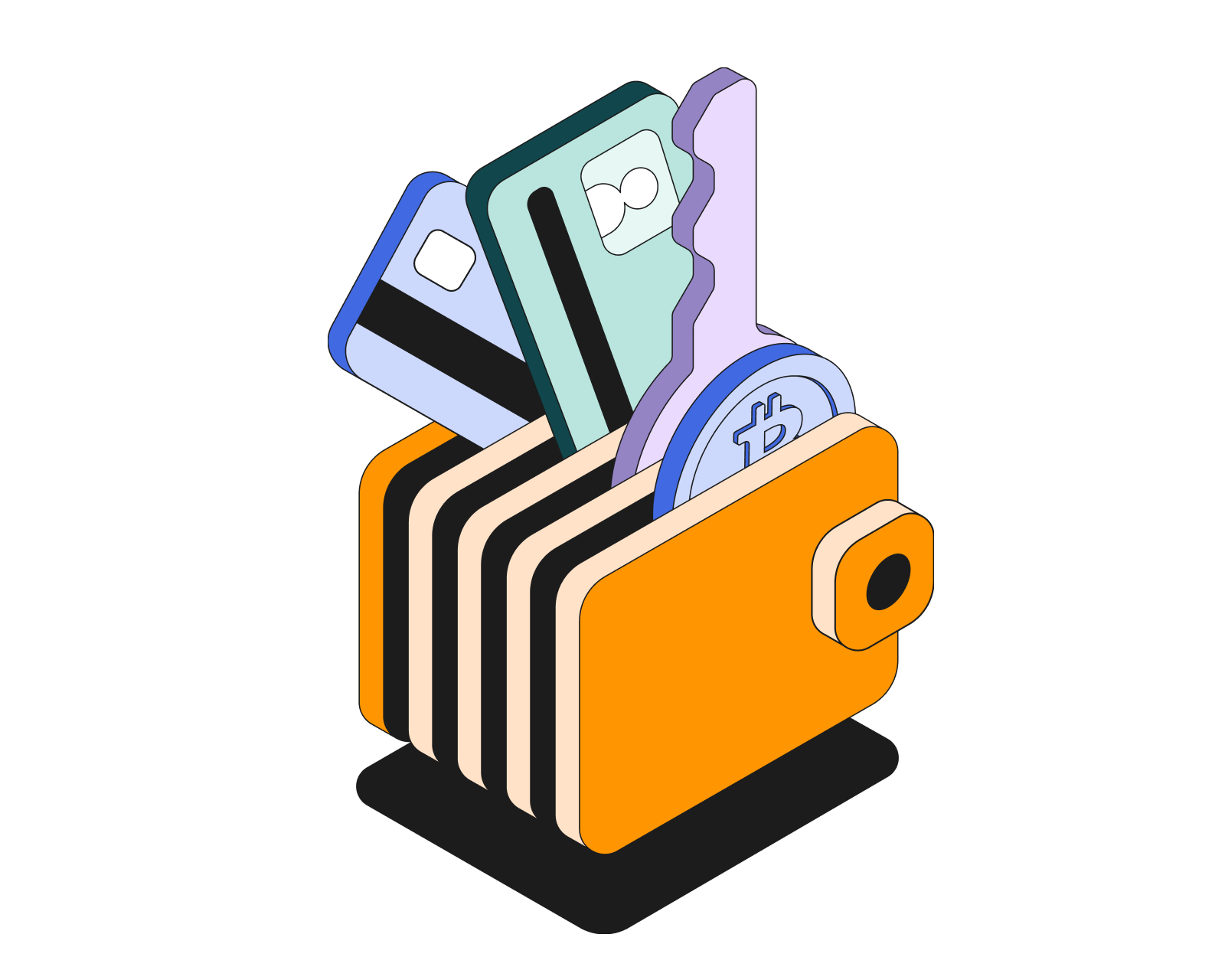
What is a Bitcoin wallet?
Learn about this essential tool for sending, receiving, and storing your bitcoin; how it works, and how to use it safely.

What is a Bitcoin wallet?
Learn about this essential tool for sending, receiving, and storing your bitcoin; how it works, and how to use it safely.
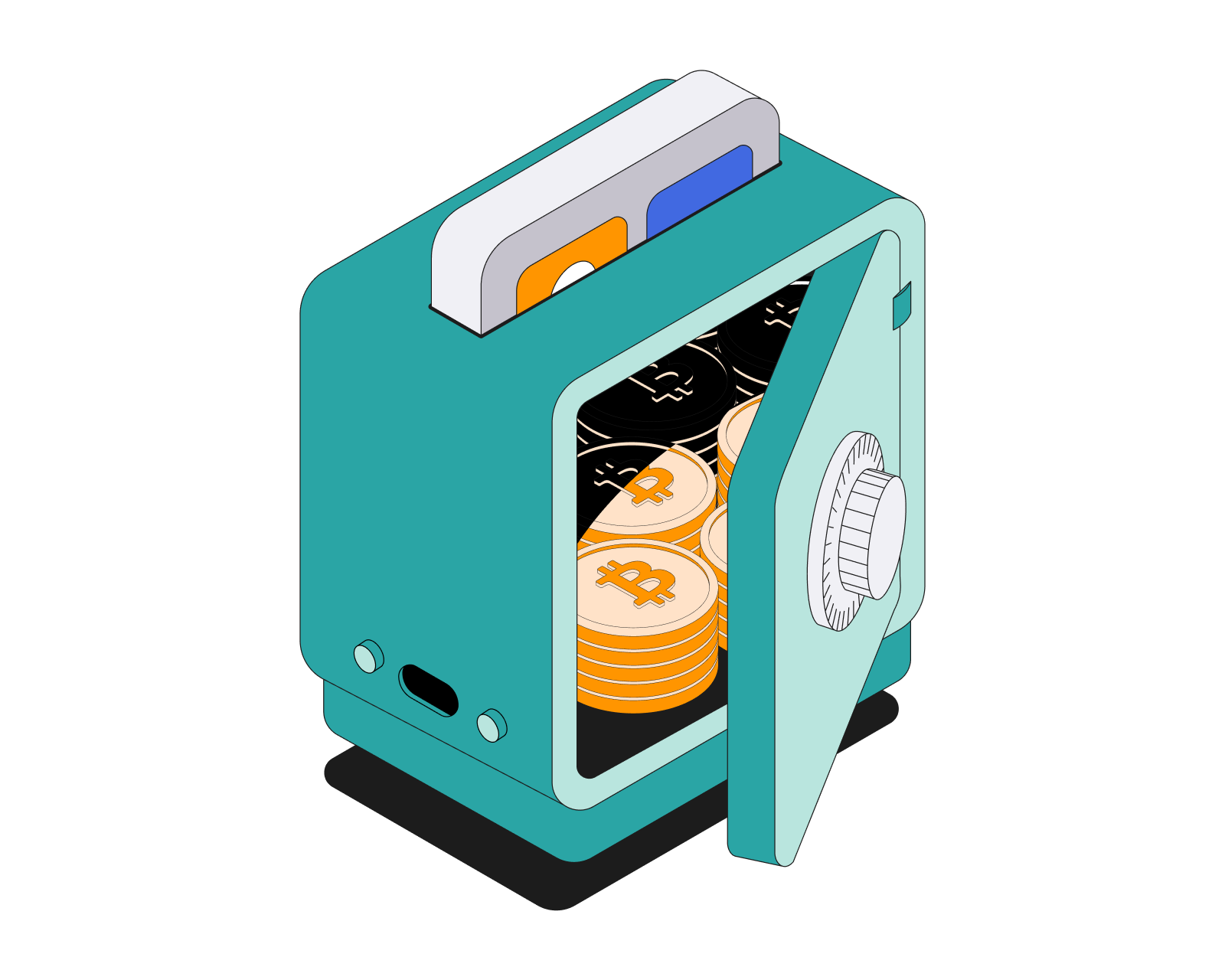
How do I keep my cryptoassets safe?
Make sure your cryptoassets are safe with these simple tips.

How do I keep my cryptoassets safe?
Make sure your cryptoassets are safe with these simple tips.
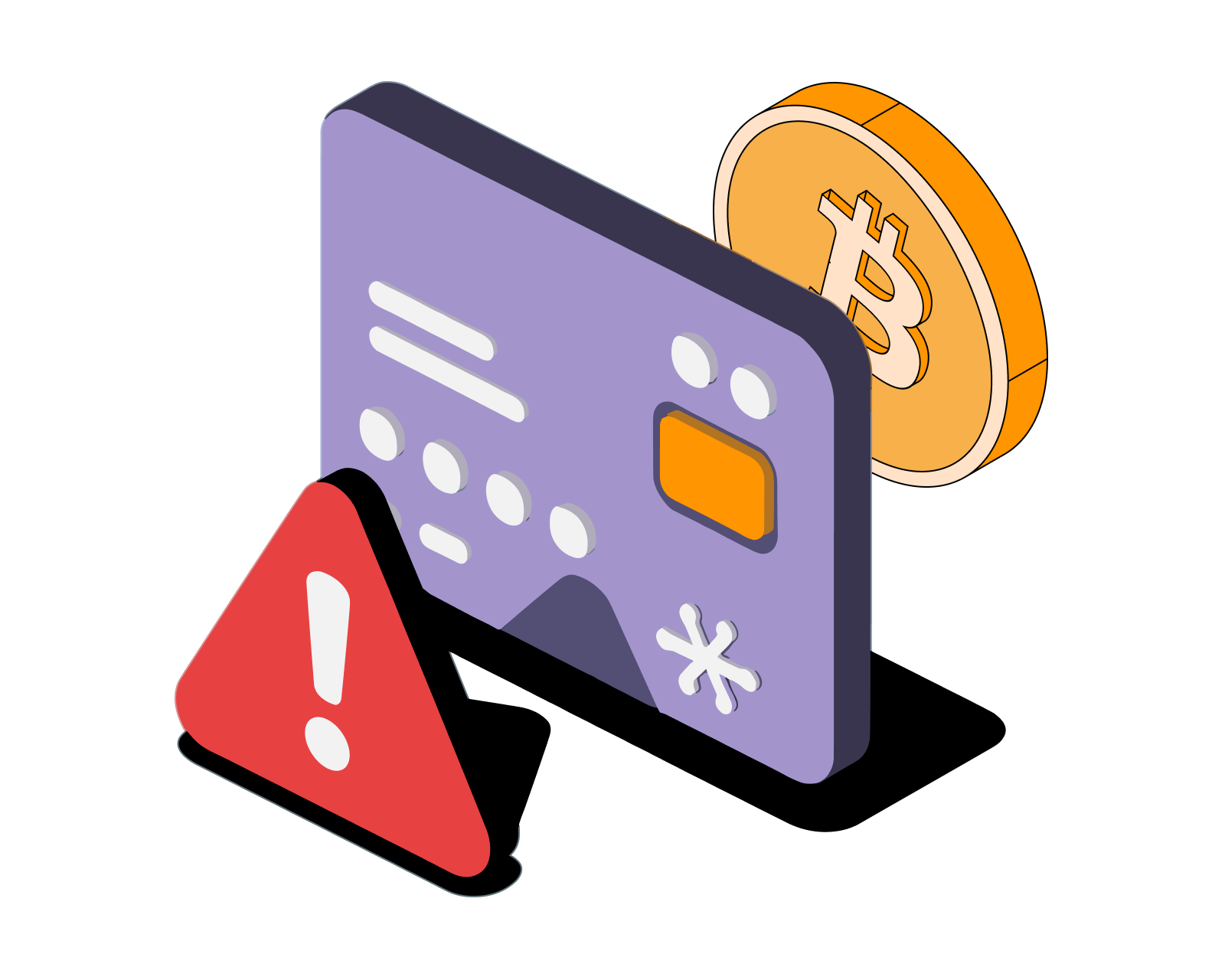
How to avoid Bitcoin and other crypto fraud
From phishing scams to fake Bitcoin exchanges, here's your guide to identifying and avoiding Bitcoin-related fraud.

How to avoid Bitcoin and other crypto fraud
From phishing scams to fake Bitcoin exchanges, here's your guide to identifying and avoiding Bitcoin-related fraud.
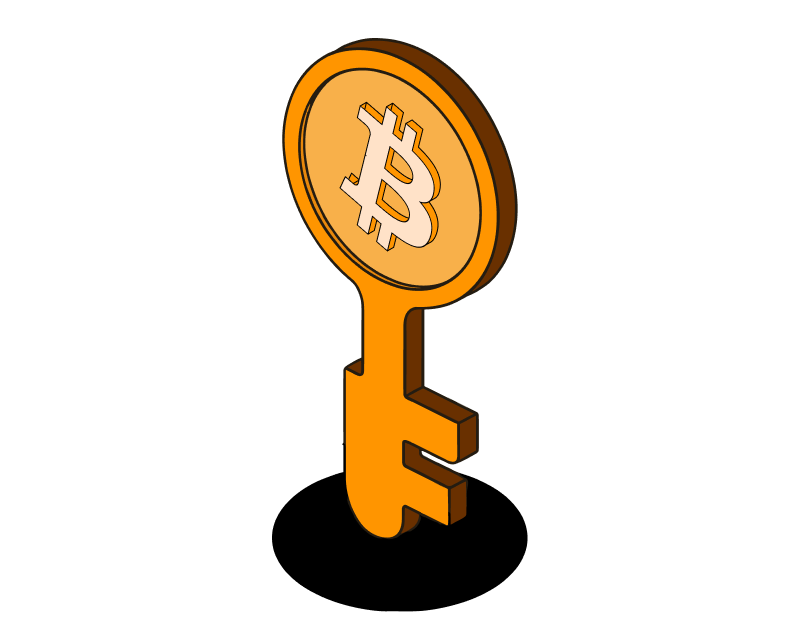
What are Private Keys?
Private keys are your gateway to your crypto. Learn how they work and why they're essential for security.

What are Private Keys?
Private keys are your gateway to your crypto. Learn how they work and why they're essential for security.
STAY AHEAD IN CRYPTO
Stay ahead in crypto with our weekly newsletter delivering the insights that matter most
Weekly crypto news, curated for you
Actionable insights and educational tips
Updates on products fueling economic freedom
No spam. Unsubscribe anytime.
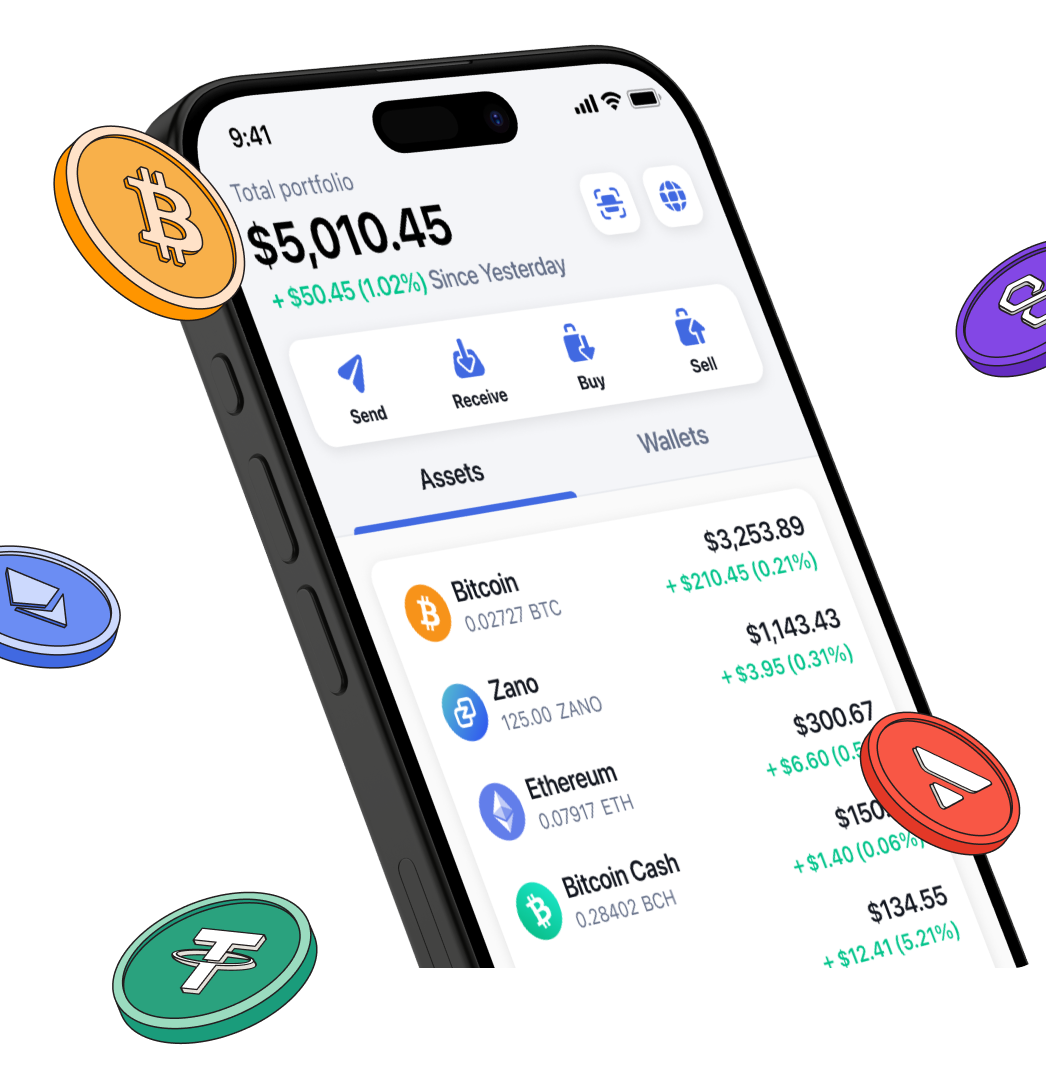
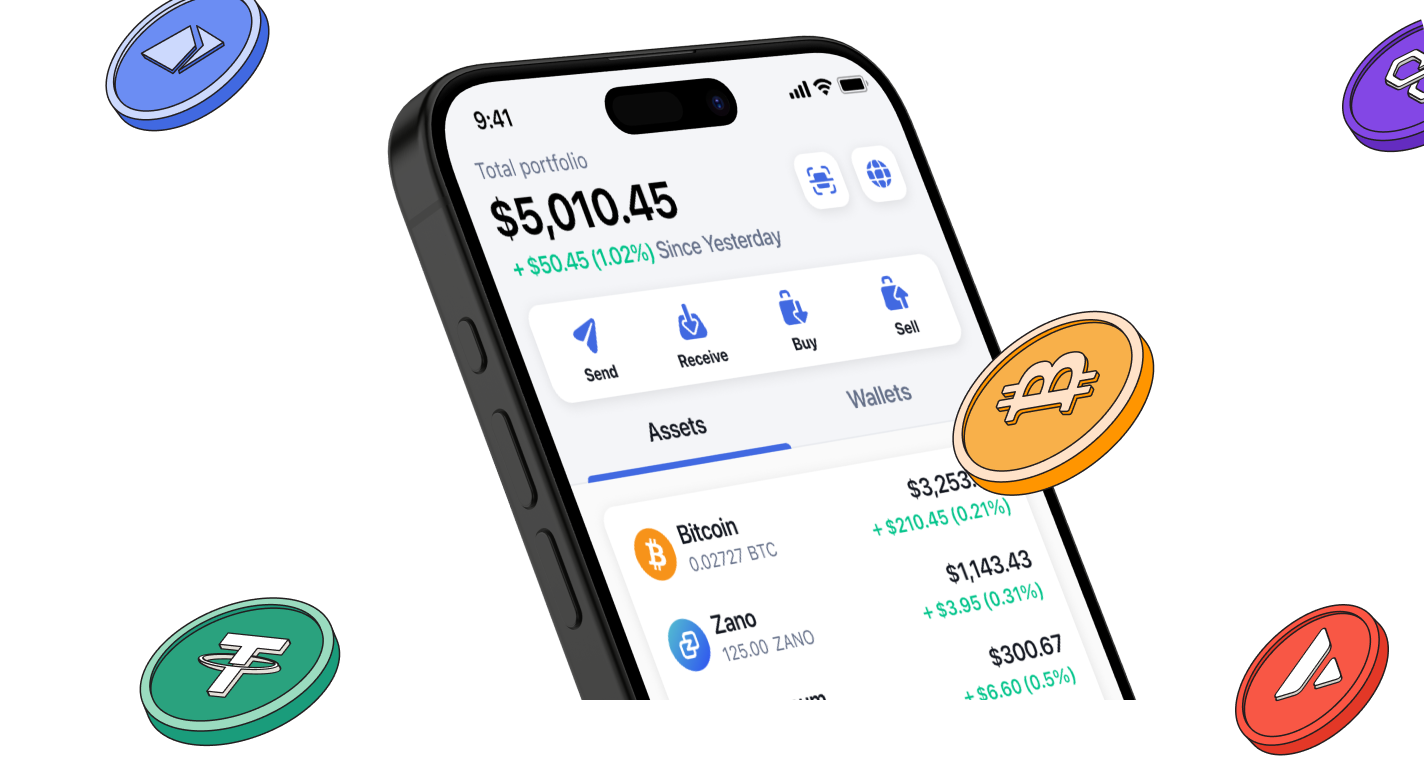
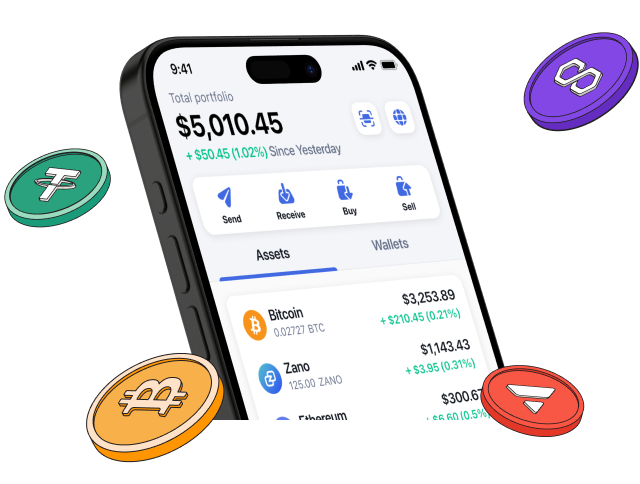
Start investing safely with the Bitcoin.com Wallet
Over wallets created so far
Everything you need to buy, sell, trade, and invest your Bitcoin and cryptocurrency securely

© 2026 Saint Bitts LLC Bitcoin.com. All rights reserved




